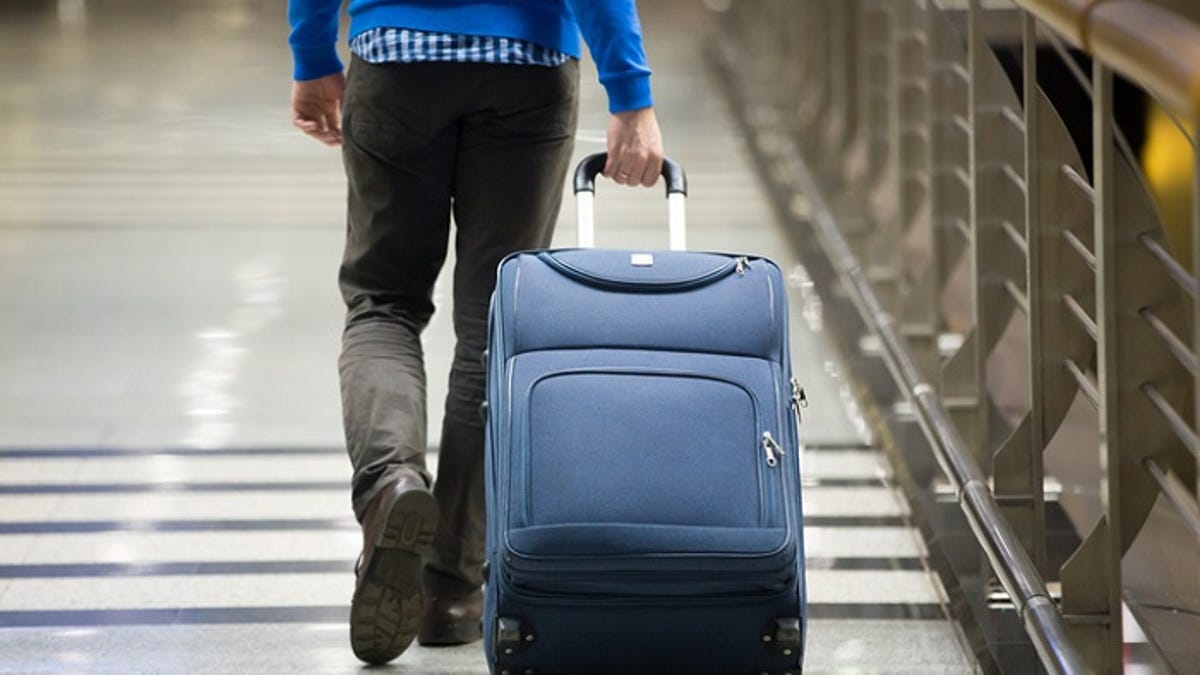Peak travel season is upon us, which means everyone must fulfill their tasks of packing enough clothes to wear, ensuring that all the essential tech gadgets are accompanied by the right charger, and praying that everything comes together in luggage that’s just shy of the weight limit.
Perhaps that luggage comes in the form of a smart suitcase, one that strives to make the travel experience easier with high-tech capabilities like built-in wireless chargers, electronic locks, and even GPS tracking.
Also: Flying soon? This is a must-have iOS app for air travel
But despite how convenient and practical smart luggage can be, airlines have become more strict about what pieces of travel gear are allowed and not allowed. This guide explains what counts as a smart suitcase and what every major airline’s policy is when you’re traveling with one.
Usually a hard-shelled bag, smart suitcases have built-in electronic capabilities that often include USB charging ports, smart locks, GPS tracking capabilities, Wi-Fi and hotspot connectivity, and even scales. The exact features vary from bag to bag, but they all have the goal of making traveling — especially if you’re a tech-heavy user — easy. Smart suitcases come in both carry-on and checked luggage sizes.
This depends on whether or not you can remove the battery from the smart luggage. Since 2013, the Federal Aviation Administration (FAA) prohibits spare lithium batteries in checked luggage from being stored in an aircraft’s cargo unit. That means that most smart suitcases, which are powered by lithium-ion batteries, are deemed fire hazards and not allowed.
However, most airlines only apply restrictions to checked luggage with non-removable lithium batteries. If you can remove the lithium battery from the bag or just have a carry-on smart bag, you shouldn’t have problems flying with it.
And now, here’s a list of the five most popular airlines and their respective travel policies that you should know before traveling:
Effective as of Jan. 15, 2018, Southwest Airlines states that “If the smart bag is in the cabin of the aircraft, the removable battery is to remain installed.” In other words, you can bring along any smart luggage, as long as it has a removable battery. But Southwest makes it clear that if the bag is to be checked at any time, including if you have to check your carry-on at the gate, the customer must remove the battery first before boarding.
United Airlines only allows smart bags that have removable lithium batteries. The airline also asks that you take out the battery before checking the bag.
Also effective as of Jan. 15, 2018, Delta only lets you check and carry on smart bags with removable lithium batteries. Its guidelines also note that smart bags with a motor — as cool as they are for drifting through airports — are prohibited.
You can fly with smart luggage on JetBlue as long as the lithium battery is removed from the bag and is safely stored in the cabin.
FAQ
Smart luggage has built-in technology like smart locks, GPS tracking, and even personal hotspots that can make packing and traveling easier.
Airlines didn’t completely ban all smart luggage. For the safety of passengers, most airlines just require any smart luggage to have removable lithium-ion batteries.
Suitcases with chargers are allowed on planes as long as the battery is removable. For example, if your luggage comes with an external battery bank, you’ll want to eject it before turning the baggage in.



